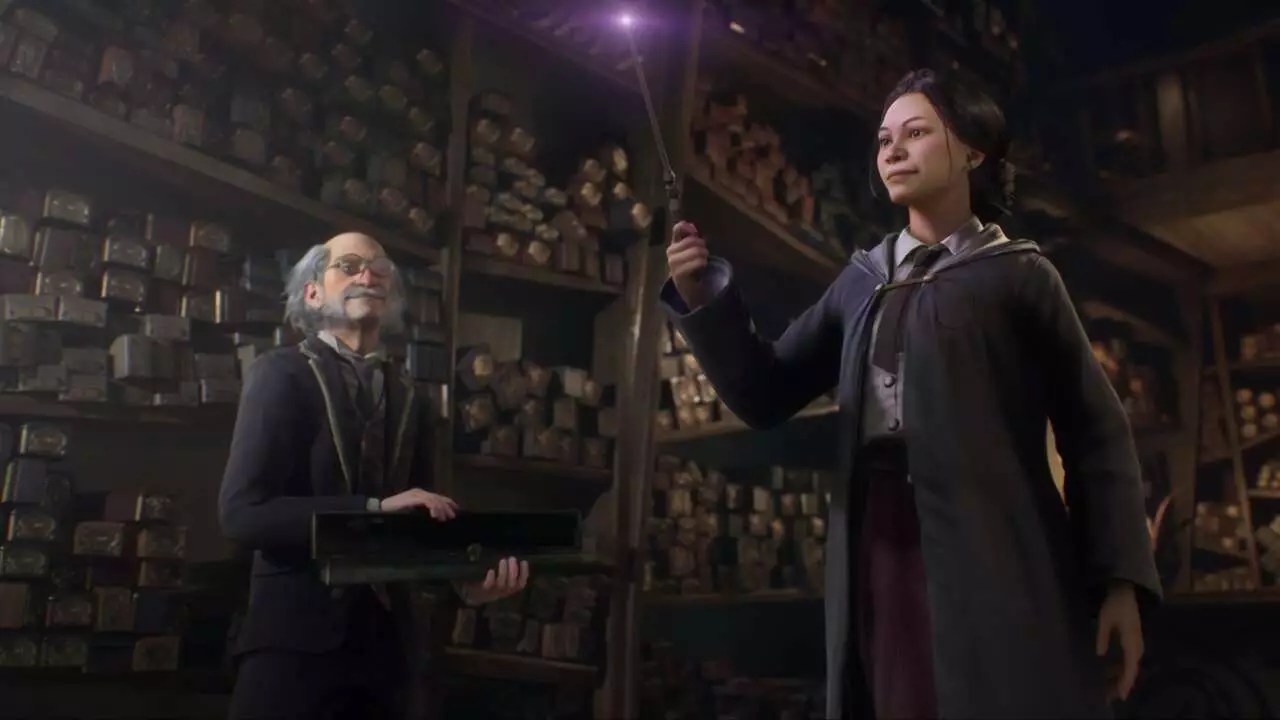In an unexpected turn of events, Warner Bros. Discovery has chosen to halt any plans for an expansion or a Definitive Edition re-release of the much-acclaimed Hogwarts Legacy, despite its monumental success since launch. Initially rumored to be on the table, these projects have now been scrapped as part of a broader reorganization within Warner Bros.’ video game sector. This decision raises critical questions regarding the direction and management of their flagship franchises, especially when Hogwarts Legacy has emerged as the top-selling game of 2023 in the United States.
Understanding the Cancellation
According to a report by Bloomberg’s Jason Schreier, the cancellation stems from Warner Bros.’ assessment that the content intended for the expansion failed to meet the expectations required to justify the proposed price point. This represents a significant shift in approach for a company that just a few years ago would have capitalized on the thriving fanbase surrounding the Harry Potter franchise. The focus on profitability over artistic ambition speaks volumes about the current climate in video game development, where budgetary restrictions and financial scrutiny seem to dictate creative decisions. This is particularly noteworthy given the heightened expectations that a title like Hogwarts Legacy naturally invites.
The Gaming Landscape and Future Prospects
In a time of drastic transitions for Warner Bros. Discovery, which recently filed to cancel various other gaming projects—including a potential Wonder Woman title—it’s evident that the studio is re-evaluating its priorities. The company plans to focus solely on established intellectual properties, including Harry Potter, Game of Thrones, Mortal Kombat, and DC. This strategic pivot hints at a corporate confidence in the current series but also suggests a hesitance to experiment beyond these familiar boundaries.
Interestingly, Avalanche Software, the development team behind Hogwarts Legacy, remains hard at work on a sequel, which Warner Bros. has declared as one of its “biggest priorities.” This focus on sequel development indicates an acknowledgment of the franchise’s commercial viability despite any surrounding controversies, particularly those involving J.K. Rowling’s public stances.
The Impact of Controversy
Even with the ongoing backlash over Rowling’s anti-transgender views, Hogwarts Legacy has triumphed over competing titles like The Legend of Zelda: Tears of the Kingdom and Call of Duty: Modern Warfare 3. This success begs the examination of how public sentiment impact video game sales. While some might assume controversy could handicap the franchise, the resounding sales figures suggest that many consumers remain unfazed, highlighting a dichotomy in player attitudes toward the game’s quality versus its creator’s opinions.
There’s a powerful lesson here regarding the relationship between creators and their creations. How much of a game’s success should be attributed to its content versus its creator’s public persona? As players navigate their allegiance to beloved franchises, Warner Bros. could glean insight into consumer behavior from this phenomenon.
With enhanced focus on proven IPs and a commitment to creating sequels, Warner Bros. finds itself at a crucial crossroads. The decisions they make now will likely reverberate throughout the gaming landscape for years to come, shaping not only their trajectory as a company but also the games that will define or redefine player engagement in this ever-evolving industry.


Leave a Reply